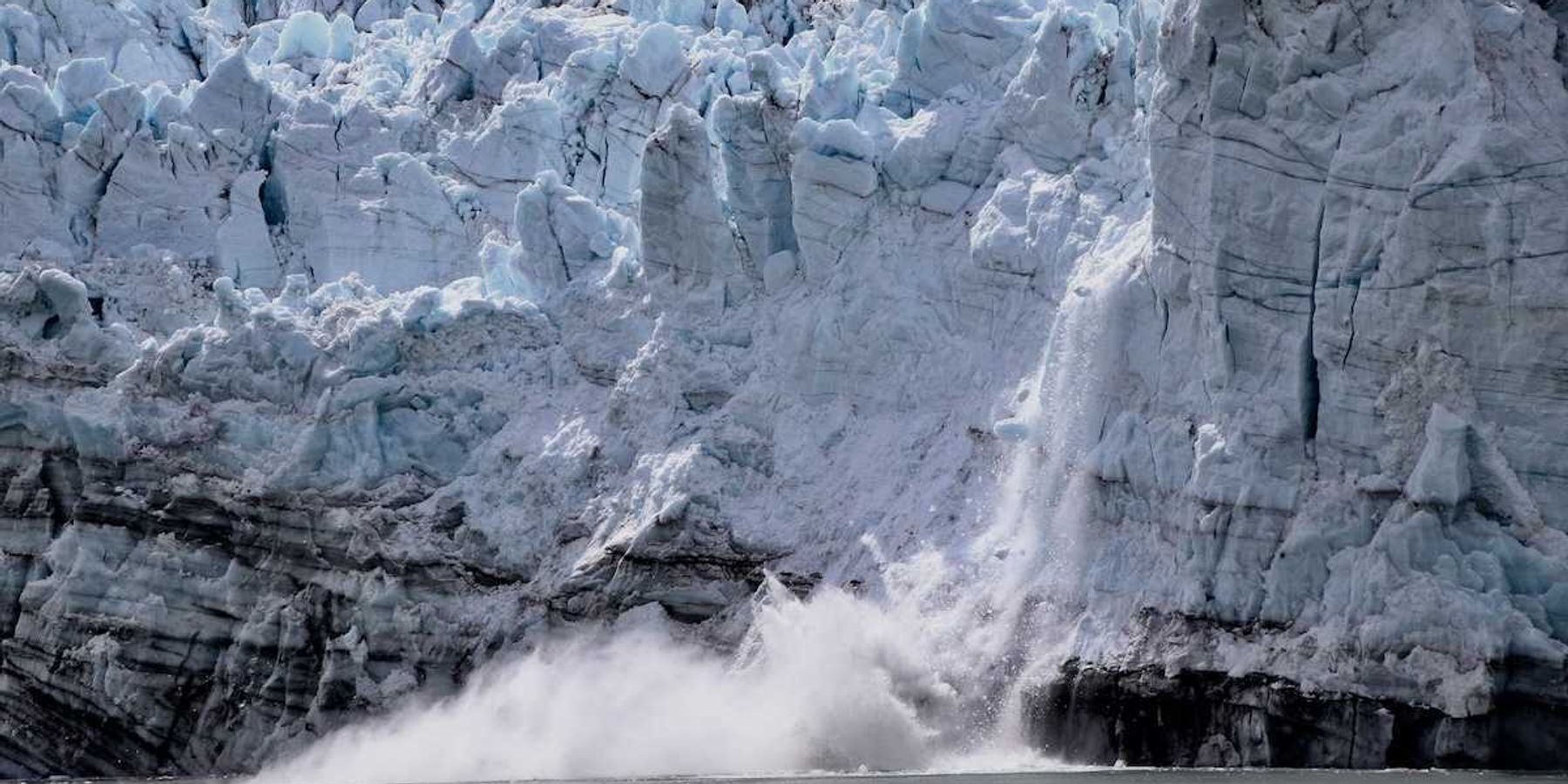watershed
Texas firms plan to release treated wastewater into the Pecos River
Texas companies are looking to discharge oilfield wastewater into the Pecos River watershed, raising environmental concerns.
Martha Pskowski and Dylan Baddour report for Inside Climate News.
In short:
- Texas is increasing permits for oilfield wastewater discharges due to concerns about earthquake risks from underground disposal.
- Environmentalists and scientists question the safety of this practice, noting the potential for pollution from toxic and radioactive substances in the water.
- The state is under pressure to develop new water quality standards that address the unique contaminants found in oilfield wastewater.
Key quote:
“Let’s make sure that, as they develop their plans, they keep the best interest of the river in mind and not just some nebulous idea that it’s a place to dump water anytime you want to.”
— Ira Yates, founder of Friends of the Pecos
Why this matters:
Discharging treated oilfield wastewater into rivers like the Pecos could impact water quality and ecosystem health, posing risks to wildlife and potentially human health. Health implications loom large for communities downstream who rely on the river for drinking water, recreation, and agriculture. There’s a palpable fear that despite the best treatment efforts, unknown risks may compromise the quality of life for those who have long depended on the purity of the river.
Learn more: After a decade of research, here’s what scientists know about the health impacts of fracking.
Wetlands see big boost as climate change indicators continue to arise
Stanislaus area districts try to adapt to climate change
As they try to adapt to climate change, the Modesto and Turlock irrigation districts have closely watched the changes in hydrology in the Tuolumne River watershed, which is a vital source of water for farms and cities in Stanislaus County.
Climate change impact on Alexandria's biggest watershed to be studied
Alexandria is getting a $65,000 planning grant from the Minnesota Pollution Control Agency to study the city’s biggest watershed to see how it’s been affected by the state’s changing climate.
Threatened red knots land along Delaware Bay
Philly region eyes new water storage to mitigate climate change
Climate change is here. It’s time Californians stopped clinging to the past
As the planet continues to heat up, the state’s landscapes, watersheds and weather are shifting so fast it can be difficult to keep track.









